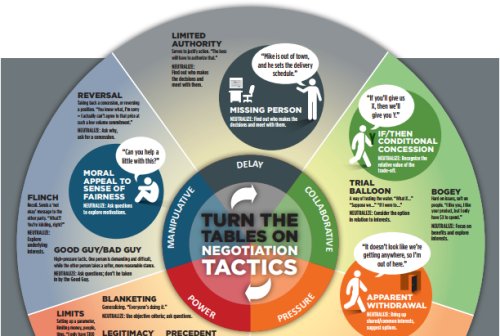Greg O'Connell is a former New York city police detective, turned real estate developer, with a flair for renovating hard-luck commercial districts.
He is now focusing on bringing a main street in a small upstate town back to life. According to a profile in the New York Times, O'Connell has personally purchased many of the buildings in the city center of Mount Morris, New York, and he's hoping that area will one day be a thriving mecca for artists and small businesses.
One of his strategies is to charge ultra-cheap rents. Some of first-floor retail spaces are priced as low as $100 per month, while apartments overhead run about $500.
This is what you might call taking a long-term view of one's investments. By no means is it a get-rich-quick, churn-them-and-burn-them approach to real estate transactions.
Indeed, O'Connell claims he has never "flipped" a property, buying and renovating and then instantly re-marketing it. Which makes him somewhat unusual, emerging as we are from an era in which leverage was touted as the key to achieving real estate riches and legendary financial guru status.
But my view is O'Connell's way of doing business is especially worth studying by serious students of negotiations, especially if we hope to avoid repeating the excesses that triggered The Great Recession we have just been digging ourselves out of.
How can anyone recover his acquisition and remodeling costs by charging a mere $100 per month? I suspect he believes that when the downtown starts humming with foot traffic and sales, his rents will rise proportionately, with all of that profitable activity.
And how long could that take to occur? My guess is he's looking at a twenty-year window, which is quite something, in light of the fact that he's already a granddad.
There is a notion in negotiation that the person who is more likely to come out well, if not smelling like a rose, is the one that is prepared to take matters the farthest.
In a dispute, for example, if you are willing to pursue all settlement, and then all legal avenues of redress, paying the costs of appeals and delays, you'll probably wear down the other party, who is substantially less committed.
In O'Connell's case, I suppose we might say he is a negotiator that is willing to see the farthest down the road.
It may not work in every transaction, but at least asking yourself, "What is the Bigger Picture here?" might be a good idea.
It could expand your horizons, as it certainly has done for one forward thinking, ex-policeman.
